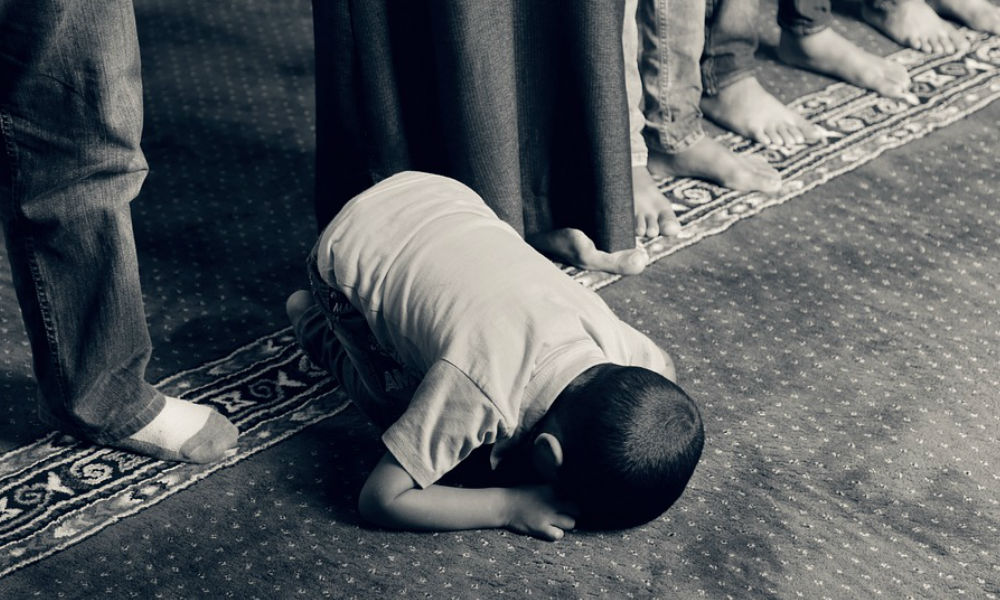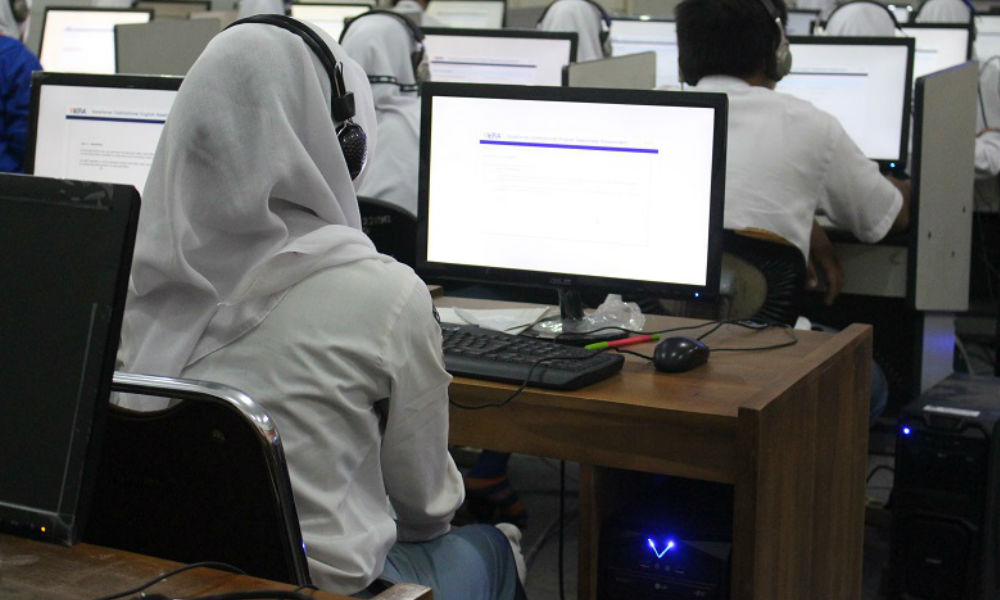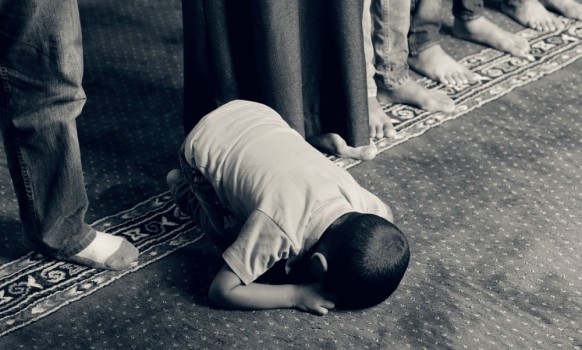What does the number of Islamic private schools in Malaysia mean for the nation?
Published by SchoolAdvisor | Jan 06, 2017With more opportunity for Islamic private education in the country, what are some of the benefits and disadvantages of such institutions? Malaysia is seeing an increase in Islamic private institutions offering faith-based education to people of all ages. These institutions vary, some very small, others are more sizable, few of them are private schools and fewer are international schools. Some of these schools are independent and others are funded with the support of the government. Regardless of the size of these institutions, each plays an important role in shaping the nation.Interestingly, Islamic private and international schools are extremely successful in attracting middle class, professional and wealthy Malay Muslims around Malaysia, according to Azmil Tayeb, a political scientist and an education researcher at the Australian National University. They are doing so well in attracting people that it is now a trend.Among the Malay Muslim community, reasons vary as to why Malay parents are becoming more interested in sending their kids to these kinds of schools. Many parents believe that Islamic schools can help children be good Muslims and will prevent social problems like drug abuse, premarital sex and teen pregnancies. Additionally, many believe that a good Islamic education is essential to protecting the minds of the young from deviant practices and polluted ideologies that may taint their faith.Other parents are attracted to the sense of prestige that some Islamic schools offer where there is a rigorous academic curriculum that can be described as secular, and a comprehensive Islamic education. This is a method that is becoming more popular among Islamic schools making many of them ‘integrated schools’.Due to the increasing number of Islamic schools in the country, some of the more acclaimed Islamic schools have set rigorous entry requirements, which have resulted in attracting bright Muslim students from all over Malaysia.
Malaysia is seeing an increase in Islamic private institutions offering faith-based education to people of all ages. These institutions vary, some very small, others are more sizable, few of them are private schools and fewer are international schools. Some of these schools are independent and others are funded with the support of the government. Regardless of the size of these institutions, each plays an important role in shaping the nation.Interestingly, Islamic private and international schools are extremely successful in attracting middle class, professional and wealthy Malay Muslims around Malaysia, according to Azmil Tayeb, a political scientist and an education researcher at the Australian National University. They are doing so well in attracting people that it is now a trend.Among the Malay Muslim community, reasons vary as to why Malay parents are becoming more interested in sending their kids to these kinds of schools. Many parents believe that Islamic schools can help children be good Muslims and will prevent social problems like drug abuse, premarital sex and teen pregnancies. Additionally, many believe that a good Islamic education is essential to protecting the minds of the young from deviant practices and polluted ideologies that may taint their faith.Other parents are attracted to the sense of prestige that some Islamic schools offer where there is a rigorous academic curriculum that can be described as secular, and a comprehensive Islamic education. This is a method that is becoming more popular among Islamic schools making many of them ‘integrated schools’.Due to the increasing number of Islamic schools in the country, some of the more acclaimed Islamic schools have set rigorous entry requirements, which have resulted in attracting bright Muslim students from all over Malaysia.
Aren’t government schools sufficient for a good Islamic education?
 In Malaysia, there few types of national schools. There are the national schools, vernacular national schools and religious schools. In national schools, there is the combination of Islamic education and secular mainstream education. But that doesn’t seem to be satisfactory for many Malay Muslims, mainly because many Muslims in Malaysia want their kids to learn Arabic and be able to recite and memorise the Quran in the original language.The issue could lie with the curriculum of national schools because they only offer the very basics of Islamic education, which many parents view as inadequate. Many Malaysian Muslim parents want to see their children gain an Islamic education that covers wider areas in Hadith (the collection of sayings that represent the prophet’s narrative), Fiqh (jurisprudence), Sharia, Sunnah, Islamic philosophy, the fundamentals of Tafsir (the interpretation of Quran) among other subjects.This isn’t available in regular national schools. And only few of these subjects are available in religious schools (Sekolah Agama). Therefore, parents resort to sending their kids to after school classes that offer the education but the additional expenses might not be justifiable.As a result, the thinking has changed. Since they are paying money for additional classes, why not just change the school, pay a little extra and get the best of both worlds? Therefore the demand for, and popularity of, Islamic schools has increased.
In Malaysia, there few types of national schools. There are the national schools, vernacular national schools and religious schools. In national schools, there is the combination of Islamic education and secular mainstream education. But that doesn’t seem to be satisfactory for many Malay Muslims, mainly because many Muslims in Malaysia want their kids to learn Arabic and be able to recite and memorise the Quran in the original language.The issue could lie with the curriculum of national schools because they only offer the very basics of Islamic education, which many parents view as inadequate. Many Malaysian Muslim parents want to see their children gain an Islamic education that covers wider areas in Hadith (the collection of sayings that represent the prophet’s narrative), Fiqh (jurisprudence), Sharia, Sunnah, Islamic philosophy, the fundamentals of Tafsir (the interpretation of Quran) among other subjects.This isn’t available in regular national schools. And only few of these subjects are available in religious schools (Sekolah Agama). Therefore, parents resort to sending their kids to after school classes that offer the education but the additional expenses might not be justifiable.As a result, the thinking has changed. Since they are paying money for additional classes, why not just change the school, pay a little extra and get the best of both worlds? Therefore the demand for, and popularity of, Islamic schools has increased.
Is there really an uncertain future for national schools?
Fear of Islamisation
According to the Islamic Tourism Centre of Malaysia, a little more than 60% of Malaysians are Muslims and Islam is the dominant religion of the country.Schools are vital for society and can be affected by political agenda, foreign influence, and radical ideologies. Such influence can impact young minds dramatically.According to Malaysian activists, Malaysia is becoming Islamised and the effects can be observed in the case of civil courts where Muslims experience difficulties and are required to resort to the Sharia court on matters of marriage and divorce, for instance. Another instance that has affected non-Muslims in general is the issue of using the word ‘Allah’ (God).The unprecedented push for the implementation of Hudud Law is a major concern to both Muslims and non-Muslims. Moreover, any form of Islamic practices that are non-Sunni Islam are significantly restricted. Some restrictions go as far as indulging in takfiri ideologies (calling other non-believers or infidels).All of the above and the rise of political Islam is impacting the education system by creating polarised fractions within education. Private Islamic school might not be spared from these influencers. Foreign funding can and may impact these schools in various ways like syllabus, teachers and training programmes.Malaysia has been revered by many around the world as a country that practices and preaches for moderate Islam and this image has to continue. The only way for this to continue is to have an education system that teaches young Malaysians the importance of critical thinking, coexistence, and living peacefully in a multi-cultural, multi-lingual community.
The balance
 A lot of Islamic private and international schools are moving towards a balanced environment of education where Islamic education is taught alongside secular education. These schools are also meeting the needs of Malaysian parents to educate their kids and improve their English proficiency.Some of these schools use international curriculum infused with good Islamic programme. Additionally, some of these schools facilitate for mentally challenged and special needs pupils, which national schools lack the capabilities in this area.These schools seem to be successful in offering the balance middle-class and professional Muslim Malaysians seek in a school and education system.In February 2016, Dr Maszlee Malik, an academic from International Islamic University Malaysia told The Malay Mail Online that there are options for lower middle income class in Malaysia. Private Islamic schools that follow the national curriculum were established in the 1980s by Muslim groups like Angkatan Belia Islam Malaysia (Abim) and Jamaah Islah Malaysia (JIM), now known as Ikram and have been teaching additional Islamic subjects. However, these schools still followed the format set by government.Many Malaysian Muslims want to see their kids asking questions and be able to investigate and arrive at their own conclusion. Maszlee said that many Muslims in the country feel that society is too corrupt and too dangerous, and more Islamic education can help their kids and save them from such things. Parents want to see proper character building in their kids at an early age and they want their children to be good influence to others. In a nutshell, parents want the best of both religious education and secular education and don’t want one side to be neglected or over emphasise on one area.
A lot of Islamic private and international schools are moving towards a balanced environment of education where Islamic education is taught alongside secular education. These schools are also meeting the needs of Malaysian parents to educate their kids and improve their English proficiency.Some of these schools use international curriculum infused with good Islamic programme. Additionally, some of these schools facilitate for mentally challenged and special needs pupils, which national schools lack the capabilities in this area.These schools seem to be successful in offering the balance middle-class and professional Muslim Malaysians seek in a school and education system.In February 2016, Dr Maszlee Malik, an academic from International Islamic University Malaysia told The Malay Mail Online that there are options for lower middle income class in Malaysia. Private Islamic schools that follow the national curriculum were established in the 1980s by Muslim groups like Angkatan Belia Islam Malaysia (Abim) and Jamaah Islah Malaysia (JIM), now known as Ikram and have been teaching additional Islamic subjects. However, these schools still followed the format set by government.Many Malaysian Muslims want to see their kids asking questions and be able to investigate and arrive at their own conclusion. Maszlee said that many Muslims in the country feel that society is too corrupt and too dangerous, and more Islamic education can help their kids and save them from such things. Parents want to see proper character building in their kids at an early age and they want their children to be good influence to others. In a nutshell, parents want the best of both religious education and secular education and don’t want one side to be neglected or over emphasise on one area.
Recent Articles
- How Studying at Three International Schools Shaped Isabelle Leung’s Path to Law
- A Home Away from Home Where Your Child Will Thrive
- Bridging Borders: Ng Gha Yuan’s Journey to the Ivy League
- Why More Malaysian Parents Are Choosing International Schools for Their Children
- Happiness vs. Academics: Are We Sacrificing Our Children’s Well-Being for Better Grades?







 Login with Google
Login with Google